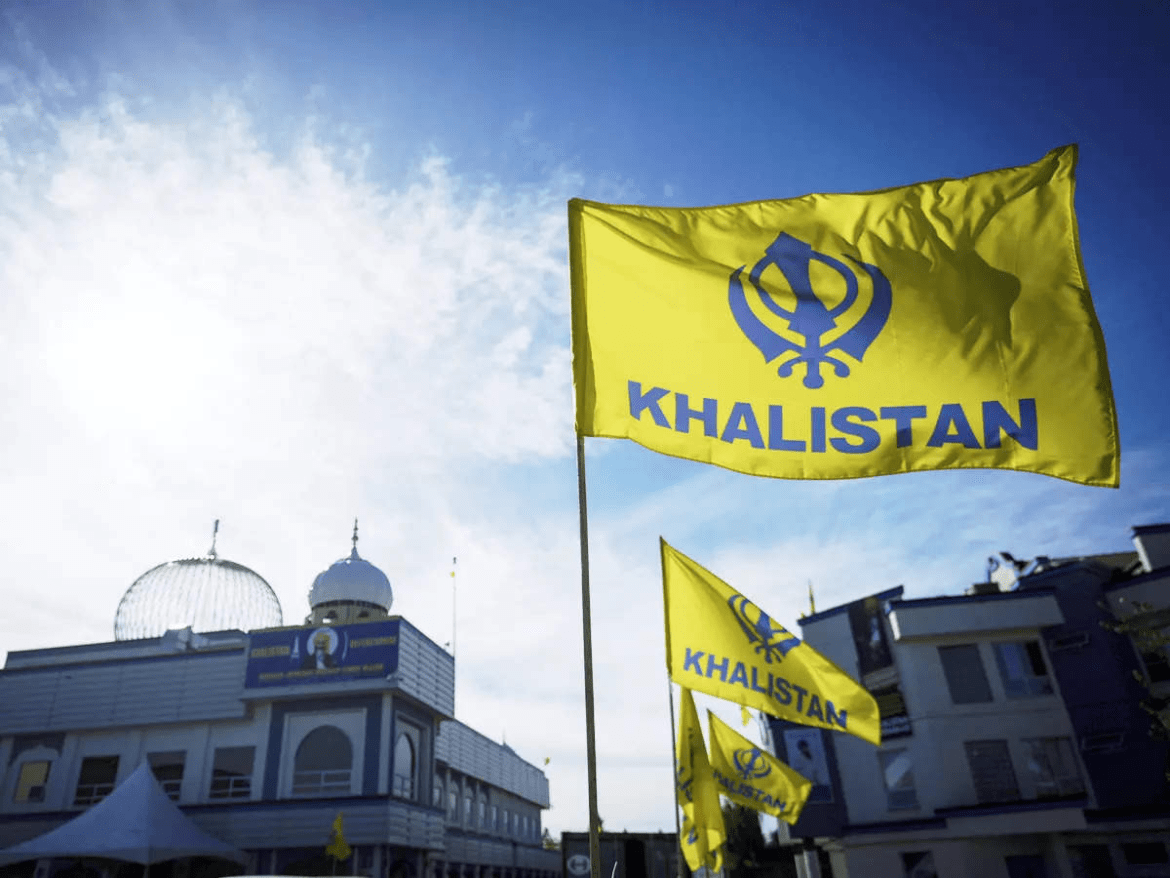AI Generated Summary
- The media and public institutions have a role to play in portraying the Sikh community accurately, ensuring that the actions of a few do not tarnish the reputation of the many.
- The actions of a few Khalistan extremists are casting a long shadow over the Sikh community, undermining decades of goodwill and the compassionate teachings of the Sikh Gurus.
- The majority of Sikhs, who live their lives based on the tenets of love, charity, and respect, must not be overshadowed by the actions of a few.
In the serene suburbs of Auckland, the horrifying echoes of violence shattered a community when Harnek Singh, a respected radio host, fell victim to an atrocious assault. Ambushed in his driveway on December 23, 2020, Singh endured a brutal attack that left him with over 40 stab wounds, requiring hundreds of stitches and multiple surgeries to save his life. His attackers, identified as Khalistan extremists, were later convicted for their attempt on his life. This was not an isolated incident.
Across the globe more recently, in London, Harman Singh Kapoor, a Sikh restaurant owner, also faced the dark shadow of extremism not once, but multiple times. After a viral video captured the vandalism of his cars by pro-Khalistan elements, Kapoor revealed the depth of his plight. The threats against him are not limited to property damage; his family, including his wife and daughter, have also been subjected to violent and abhorrent threats, including rape. These incidents are stark reminders of the ferocity of the extremists who claim to represent Sikh values.
These acts of violence echo a troubling history, dating back to 1985 when Ujjal Dosanjh, another outspoken opponent of Khalistan extremism, was brutally attacked. These assaults are not just attacks on individuals; they are assaults on the principles of peace and unity that Sikhism embodies. The Sikh community, known globally for its philanthropy, integrity, and deep commitment to helping mankind, is now facing a crisis, not from external threats but from within its own ranks.
The actions of a few Khalistan extremists are casting a long shadow over the Sikh community, undermining decades of goodwill and the compassionate teachings of the Sikh Gurus. This small faction’s theocratic vision of Khalistan promotes a culture of intimidation and violence that is alien to the true essence of Sikhism. It is crucial for the community, both locally and internationally, to unite against this radicalism that seeks to distort their peaceful religion for political gain.
The global Sikh community must take a firm stand against these extremists. Leaders within the community must amplify their condemnation of such violence and work together with law enforcement agencies to ensure the safety of those who are threatened. It is also vital for the broader public to understand that these extremists do not represent Sikhism. The majority of Sikhs, who live their lives based on the tenets of love, charity, and respect, must not be overshadowed by the actions of a few.
To counteract the rise of extremism, community outreach, education about Sikh principles, and interfaith dialogues are more important than ever. These initiatives can build bridges, dispel misunderstandings, and reaffirm the core values of Sikhism. Furthermore, the media and public institutions have a role to play in portraying the Sikh community accurately, ensuring that the actions of a few do not tarnish the reputation of the many.
Violence in any form is a betrayal of Sikh teachings. As Guru Nanak Dev Ji himself proclaimed, “Realization of Truth is higher than all else. Higher still is truthful living.” Let this be a call to action for all Sikhs and the wider world: to live truthfully, to condemn falsehood, and to stand together for peace. The time to reject extremism and embrace the true, peaceful spirit of Sikhism is now. Let us not allow the actions of a few to define a faith known for its commitment to the welfare of all humanity.
The opinions expressed in this article are those of the author. They do not purport to reflect the opinions or views of Khalsa Vox or its members.




